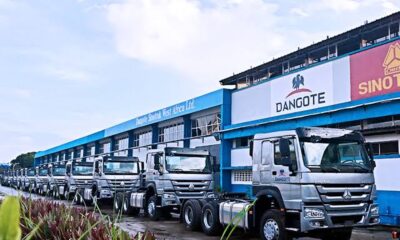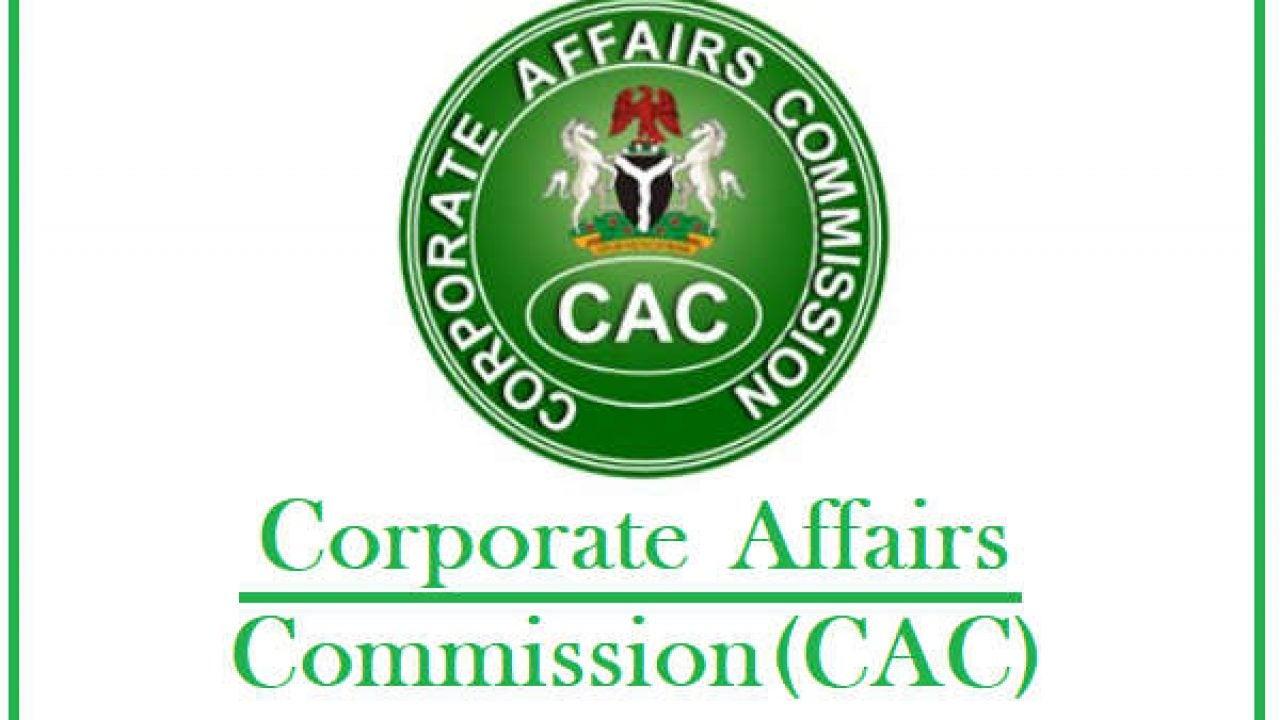- Reactions as Dangote Asks Northern Govs to Combat Extreme Poverty
Africa’s richest man and President of the Dangote Group, Aliko Dangote, on Wednesday expressed concern about the high rate of poverty in the North, saying northern governors should wake up to address the problem.
Dangote stated this when he delivered a keynote address at the 4th edition of Kaduna Economic and Investment summit (KADInvest 4.0).
He noted that 60 per cent of northerners lived in extreme poverty, saying it was unacceptable for a people with vast arable land for agriculture to live in poverty.
The billionaire urged the governors to wake up and pull the region out of its current economic woes.
He said, “The North must focus on harnessing its massive agricultural potential in terms of both production and processing. No region with high such agricultural potential should be this poor.
“We have what it takes to turn around our fortunes and I pray all the 19 governors of the northern states will wake up and follow the footsteps of the Kaduna State Government.
“Given the vast arable land and conducive condition, I think in the next 10 years, agriculture can generate more revenue and prosperity than oil that we have now if we have the right commitment.”
He also told governments in the region to identify their areas of comparative advantage, adding that the provision of information and data on what was available in various states was equally necessary.
According to him, efforts should be made to encourage local investors because “they will attract foreign investors.”
Dangote said, “While the overall social economic consideration in the country is a cause for concern, the regional indicators are very alarming. In the north-western and north-eastern parts of Nigeria, more than 60 per cent of the population lives in extreme poverty.
“It is instructive to know that the 19 northern states, which account for over 54 per cent of the country’s population and 70 per cent of its landmass, collectively generated only 21 per cent of the total sub-national internally generated revenue in 2017.
“Northern Nigeria will continue to fall behind if the respective state governments do not move to close the development gap and that is why we are always saying that the biggest challenge we have and what we are always praying for is to have 10 governors like Mallam Nasir El-Rufai in the North.”
Yakasai, Balarabe Musa back Dangote
Meanwhile, elder statesman, Alhaji Tanko Yakasai, and a former governor of old Kaduna State, Alhaji Balarabe Musa, supported Dangote’s position.
In separate telephone interviews with one of our correspondents, in Abuja, on Wednesday, both men expressed displeasure with the way northern governors were administering their states.
Yakasai said, “We still have arable land and a growing population of young, energetic but jobless people roaming the streets but our governors are not providing the right kind of leadership to turn this population into a useful force in our farms.
“What is required of the Federal Government are the right policies as well as provision of power and other infrastructure because the governors own all the land in Nigeria and land is key to agriculture. Dangote is absolutely right.”
Also, Musa said, “I agree with Aliko Dangote, our governors are part and parcel of our problem especially in the area of corruption. These governors are engaged in massive stealing, corruption and waste of public resources.
“The North certainly has no business with poverty but we are certainly not making progress with the kind of leadership we have both at the federal level and in the various northern states today.”
At the event, President Muhammadu Buhari said the Federal Government would accord priority to economic recovery.
Buhari noted that the implementation of the economic recovery and growth plan would no doubt create sustainable jobs and prosperity for Nigerians.
Earlier in his remarks, El-Rufai assured the people of the state of his administration’s willingness to implement the suggestions made at the last edition of the KADinvest, especially the state development plan, the tax consolidation and the development of a digital land registry.
El-Rufai also announced that the state had attracted over $500m investments in four years in spite of the challenges confronting it.


 Naira4 weeks ago
Naira4 weeks ago
 Billionaire Watch4 weeks ago
Billionaire Watch4 weeks ago


 Naira4 weeks ago
Naira4 weeks ago


 Naira3 weeks ago
Naira3 weeks ago




 Naira3 weeks ago
Naira3 weeks ago




 Naira3 weeks ago
Naira3 weeks ago




 Naira2 weeks ago
Naira2 weeks ago
 Commodities3 weeks ago
Commodities3 weeks ago

















